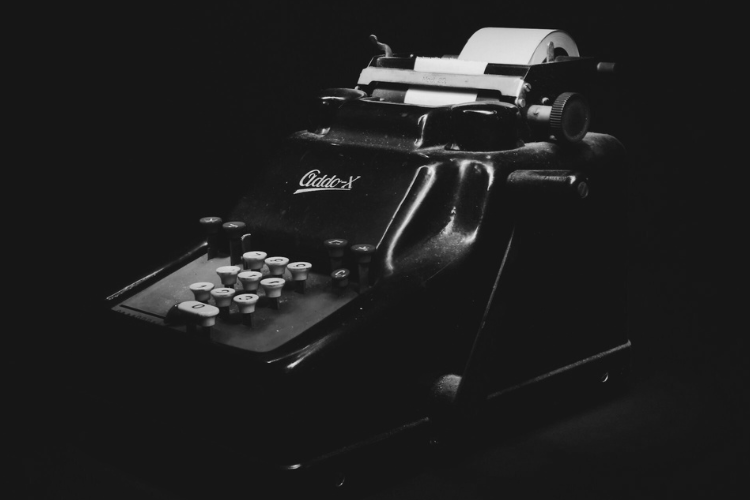Famous mergers and acquisitions captivate value investors chasing deal-driven profits.
In merger arbitrage, these deals—like buyouts or consolidations—offer 5–10% spreads when stock prices lag offer values. The deal? Some mergers soar, others crash, but all teach lessons.
This article explores the most iconic M&A, from the hyped AOL-Time Warner to Disney-Pixar’s triumph. We’ll pinpoint the greatest, the worst, and a notable reverse merger, unpacking their arbitrage potential.
Famous Mergers and Acquisitions: What is the Most Popular Merger and Acquisition?
The AOL-Time Warner merger of 2000, valued at $164B, stands as the most popular merger and acquisition of all time.
Billed as a digital-media powerhouse, it promised to blend AOL’s internet dominance with Time Warner’s content. Investors saw 10% arbitrage spreads as stocks surged pre-close. Yet, the dot-com bust and clashing cultures tanked synergy, leading to a $99B loss by 2003.
For merger arbitrageurs, the deal’s hype offered early gains, but its collapse taught a lesson: big visions don’t guarantee value. Compared to famous mergers like Exxon-Mobil, AOL-Time Warner’s notoriety stems from its scale and failure, making it a cautionary tale for value investors chasing spreads without due diligence.
What is the Greatest M&A?
The Exxon-Mobil merger of 1998, valued at $81B, is arguably the greatest M&A of all time.
Combining two oil giants, it created a $250B behemoth, boosting efficiency and market share. Arbitrageurs pocketed 5% spreads as the deal closed smoothly. Its success lies in strategic fit and execution, unlike many famous mergers.
Not all popular mergers shine, though—some, like AOL-Time Warner, are infamous for failure. These flops highlight integration risks that arbitrageurs must navigate. The biggest failure? That’s next, showing how even blockbuster deals can implode when synergies falter.
What is the Biggest Merger Failure in History?
AOL-Time Warner’s $164B merger in 2000 is also the biggest merger failure in M&A history.
Aiming to fuse internet and media, it lost $99B by 2003 due to the dot-com crash, cultural clashes, and failed synergies. Arbitrageurs grabbed early 10% spreads, but long-term investors faced wipeouts.
This flop underscores the risks of overhyping deals, a key lesson for value investors. Unlike successful mergers like Exxon-Mobil, AOL-Time Warner’s collapse shows why due diligence matters in merger arbitrage, where spreads tempt but execution decides.
What is a Famous Reverse Merger?
A famous reverse merger is Burger King’s 2012 reverse merger with Justice Holdings, a $1.4B SPAC.
It allowed Burger King to go public without an IPO, leveraging Justice’s listed status. Arbitrageurs eyed 8% spreads as shares aligned with deal terms. The deal restored Burger King’s market presence post-private equity ownership, showing reverse mergers’ power to unlock value.
For value investors, such deals offer arbitrage potential, though regulatory and market risks require careful analysis.
What is an Example of a Successful Merger and Acquisition?
Disney’s $7.4B acquisition of Pixar in 2006 is a stellarly successful merger and acquisition.
Merging Disney’s distribution with Pixar’s creative genius, it birthed hits like Toy Story 3, doubling Pixar’s revenue to $1B by 2010. Arbitrageurs gained 6% spreads pre-close.
The deal’s synergy and execution made it a model for value investors, proving that strategic fit can drive long-term gains in merger arbitrage, unlike failures like AOL-Time Warner.
Famous Mergers and Acquisitions: Overall…
Famous mergers and acquisitions, from AOL-Time Warner’s $99B flop to Disney-Pixar’s $7.4B win, offer lessons for value investors.
In merger arbitrage, spreads of 5–10% tempt, but execution separates triumphs like Exxon-Mobil from failures. Reverse mergers like Burger King’s show creative paths to value. Buyouts drive immediate deals, while successes signal long-term gains. Risks—integration, overvaluation—loom large.
Arbitrageurs thrive by spotting mispriced spreads, balancing hype with due diligence.
How Do You Find Great Mergers to Take Advantage of?
The challenge isn’t picking mergers—it’s finding great ones before the arbitrage window closes.
You could spend hours scouring news, SEC filings, or X for deals like Exxon-Mobil, but why bother? A free service like Event Driven Daily delivers every merger opportunity straight to you.
Sign up for our Morning Brew newsletter, and we’ll send you every deal we spot, month after month, with insights on spreads and risks. Join here.
Read Next:








